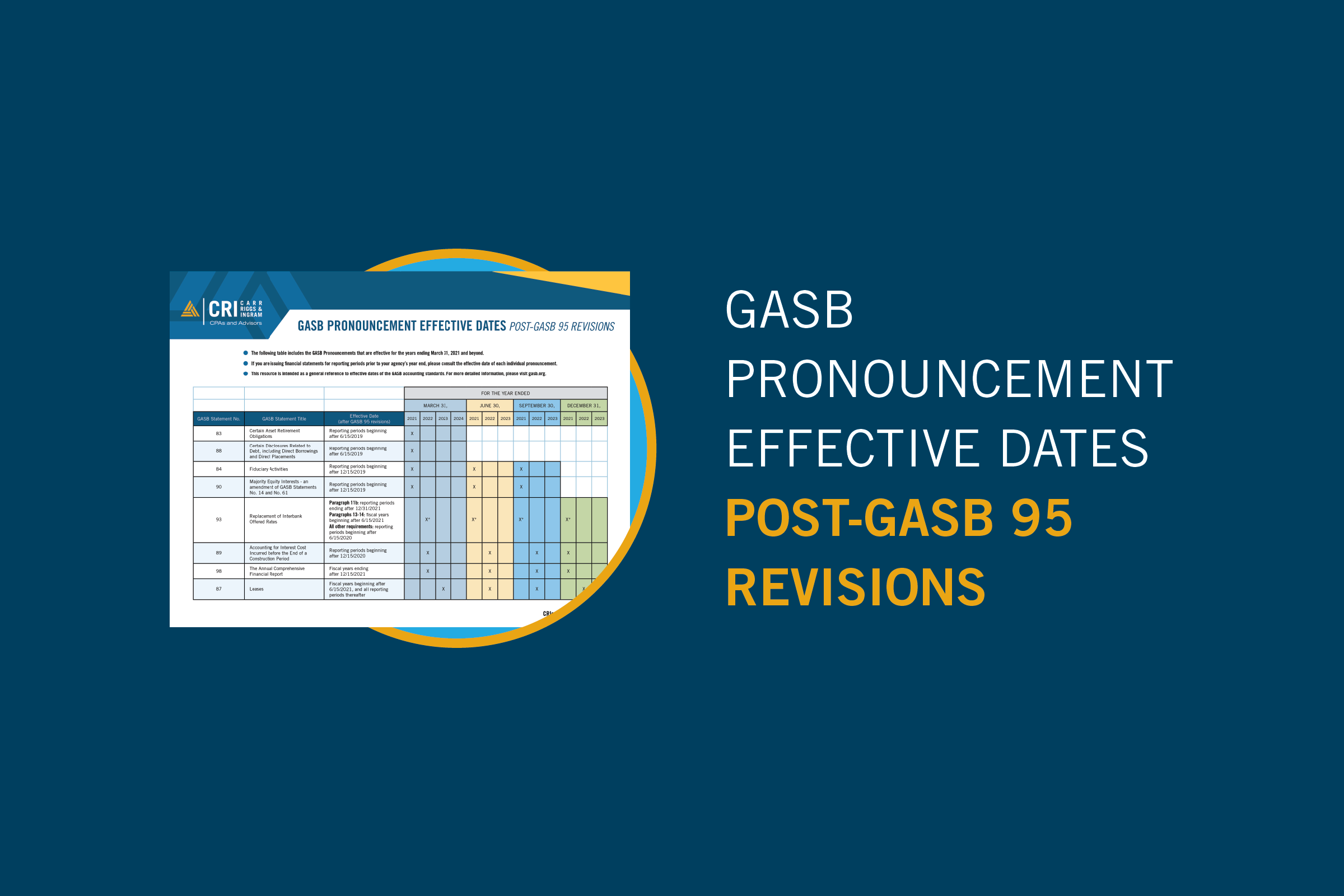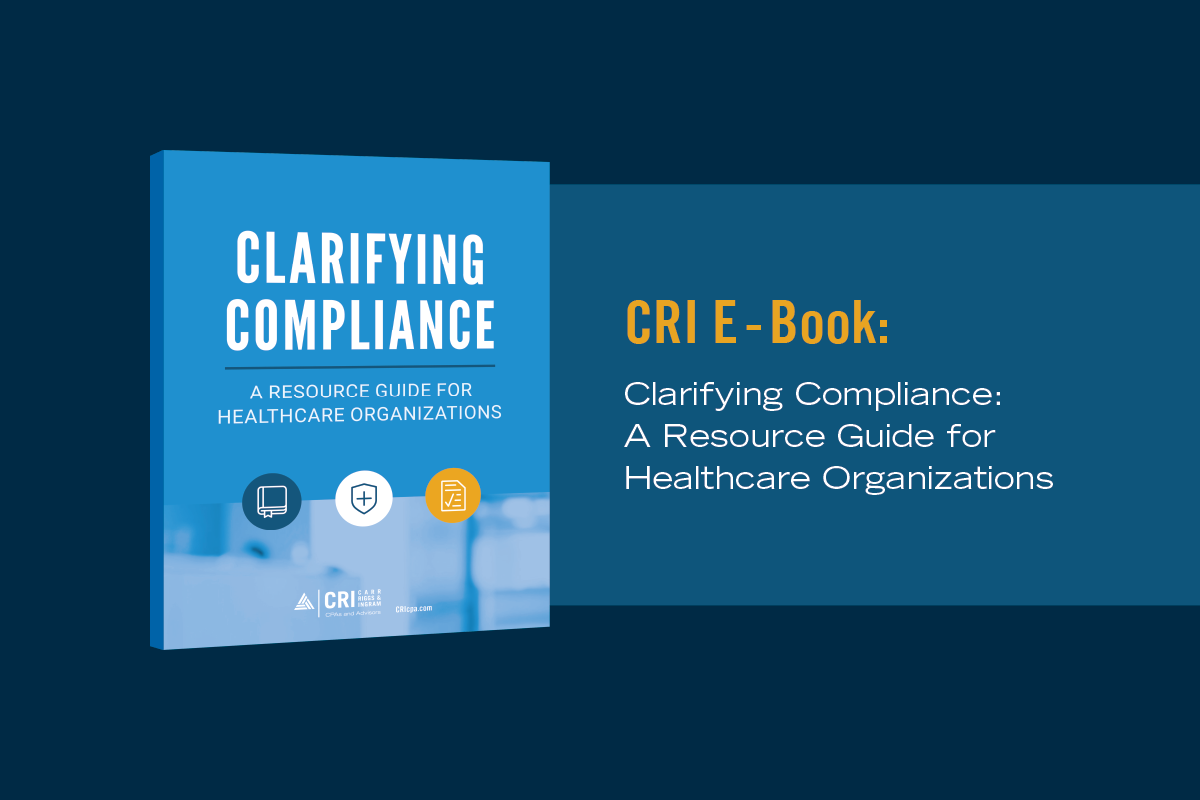Understanding the Implications of the House Committee’s Tax-Exempt Review
- Contributor
- Tiffany T. Orr
Feb 2, 2024
Given the complexity of tax regulation navigation and compliance maintenance for nonprofit organizations, the House Committee on Ways and Means has taken proactive measures to reinforce transparency and regulatory adherence. To this end, the committee has recently initiated a public inquiry aimed at thoroughly examining the compliance of tax-exempt entities with the statutory and regulatory limitations set forth under Section 501 of the U.S.
Implications and Compliance Imperatives
This examination stems from rising concerns regarding the operational integrity within the tax-exempt sector. Notably, there are apprehensions about deviations from established legal and regulatory frameworks, especially regarding prohibitions on specific activities and the risk of foreign funding being funneled through these entities, potentially influencing American electoral processes. The implications of this investigation are far-reaching, potentially impacting how these organizations conduct their activities and maintain their tax-exempt status. Consequently, it becomes even more imperative for such organizations to review their compliance measures to ensure they operate within the legal bounds and retain their tax-exempt status.
Insights from the Committee’s Review
The committee’s review yields critical insights, indicating areas of focus for these organizations, including:
- Understanding Political Activity Restrictions: For organizations classified under IRC Sec. 501(c)(3), engaging directly or indirectly in political campaigns can have severe consequences, including the loss of tax-exempt status and potential excise taxes. It’s essential to distinguish between permissible advocacy and prohibited political intervention. Understanding the distinction between allowed advocacy and prohibited political activity for organizations governed by IRC Sec. 501(c)(3) is vital. Permissible advocacy can involve:
- Informing the public on policy issues.
- Circulating educational materials.
- Holding conferences focused on societal issues.
However, prohibited political intervention includes actions like:
- Endorsing or opposing political candidates.
- Contributing to political campaign funds.
- Engaging in partisan activities.
While contacting or urging the public to contact legislators can be part of allowable advocacy, this crosses into forbidden territory when it involves direct or indirect participation in campaign activities or clear-cut attempts to sway legislation without adhering to the lobbying limits set by the 501(h) election.
- Navigating Lobbying Limitations: While 501(c)(3) organizations can participate in some lobbying, understanding the fine line between acceptable lobbying and activities that might jeopardize your status is crucial. For 501(c)(4) organizations, political campaign intervention is allowed but should not dominate the group’s activities.
- Preparing for Increased Scrutiny: Your organization should prepare for heightened scrutiny due to the Committee’s concerns about regulatory complexities and enforcement gaps. Preparation should include:
- Evaluating your activities for advocacy, lobbying, or political intervention.
- Differentiating between direct and grassroots lobbying efforts.
- Understanding the exemptions applicable to voter education and registration activities.
- Ensuring compliance in communications with executive branch officials and legislative bodies.
- Implementing robust procedures to track and report lobbying and political expenditures.
- Considering a Section 501(h) Election: For 501(c)(3) organizations, opting for a Section 501(h) election offers a more transparent and objective framework for measuring lobbying activities than the subjective 'no substantial part' test, providing greater certainty and peace of mind. This election is made by submitting a single form to the IRS. For guidance, consult with your tax advisor.
Securing Your Organization’s Future
Because CPA firms play such a pivotal role in safeguarding organizations against the ever-changing tides of regulatory demands and compliance, partnering with a seasoned firm provides a strategic advantage. They are capable of delivering unmatched proficiency in steering through the intricate financial terrains, guaranteeing compliance with existing regulations and equipping you for forthcoming changes.
Embrace expert guidance to ensure that your organization’s financial practices stand on solid ground. With our guidance, your organization can prioritize its primary goals with the assurance of financial diligence and clarity, thereby nurturing lasting success and trust with all your stakeholders. Don’t leave your organization’s compliance to chance; reach out to your CRI advisor and secure your peace of mind for tomorrow’s challenges today.





















































































































































































































































































































































































































































































































